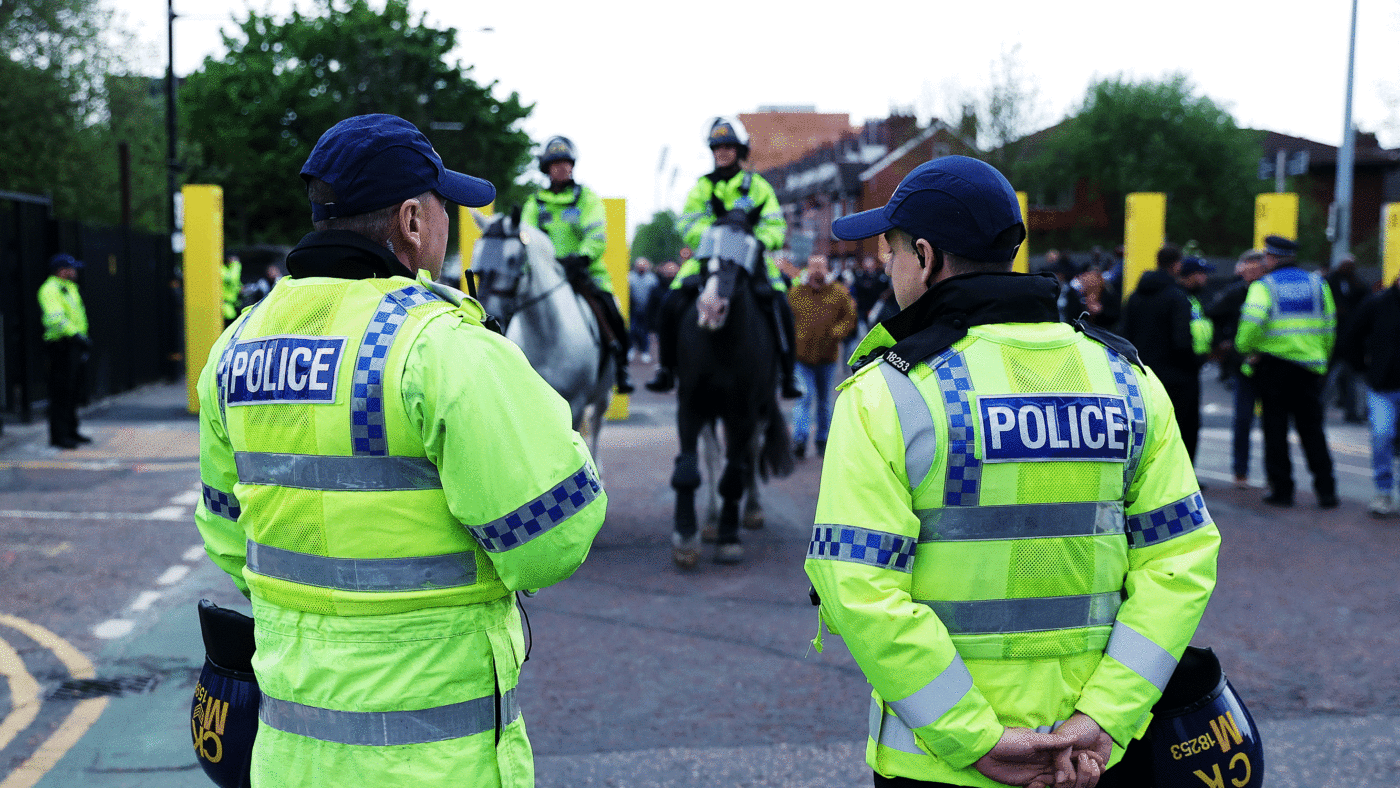The Queen’s Speech, a brief one delivered by Prince Charles in the absence of Queen Elizabeth, has thrust crime back into the limelight.
While the cost-of-living crisis continues to dominate the news, the Government will be hoping to shape the national agenda towards policy areas where they historically enjoy an advantage over Labour (even though this has weakened in recent times).
Aiming to clamp down on people-smuggling infrastructures that are facilitating illegal Channel crossings and undermining the asylum system, wide-ranging reforms to stop those convicted of serious crimes from being able to escape deportation were announced under the proposed Bill of Rights.
Article 8 of the European Convention of Human Rights – the right to family life – is often used by foreign-national offenders to block their removal from the UK. Restricting the exploitation of Article 8 is a key aim for the Government, which has repeatedly expressed the view that the UK currently has a dysfunctional border security system that fails to prioritise public safety.
There was also the announcement of a new Public Order Bill which is designed to provide the police with ‘the powers they need to prevent a minority of protestors from guerrilla tactics that cause misery to the hardworking public’. Clearly targeting socially disruptive forms of eco-radical political activity, the bill would create a new criminal offence – with a maximum sentence of 12 months – for ‘interfering with key national infrastructure’ such as airports, railways and printing presses. There is also a planned extension of police stop-and-search powers, with officers being empowered to ‘seize articles related to protest-related offences’.
The Government’s emphasis on immigration and crime suggests the Conservatives want to blunt the edge of attacks on the cost-of-living crisis by addressing cultural anxieties. This approach might seem crude, but it may well find support in affluent ethnic minority communities which are relatively conservative on matters of law and order – especially those living in London who have been markedy unimpressed by Sadiq Khan’s performance on crime. Home-owning, economically secure British Indians, who are particularly unforgiving when it comes to tackling crime and anti-social behaviour, could well be a critical constituency in several provincial towns and the cities. On this front at least, the Tories should be in relatively optimistic mood following the local election results in parts of London such as Harrow and provincial towns such as Swindon and Walsall.
The Tory strategy appears to be neutralising the view that Labour is on the side of working class when it comes to the cost-of-living crisis and framing themselves as the party of hardworking people who are anxious over the illegal Channel crossings, tired of crime and anti-social behaviour in their local communities and the disorderly behaviour of the likes of Extinction Rebellion and Insulate Britain. It will hope that its agenda for regenerating left-behind areas – materially deprived, socially atomised and culturally marginalised – will begin to bear fruit before the next general election. In the meantime, the Queen’s Speech offered some eye-catching policies and clear blue water between the Government and Keir Starmer’s Labour.
Click here to subscribe to our daily briefing – the best pieces from CapX and across the web.
CapX depends on the generosity of its readers. If you value what we do, please consider making a donation.


